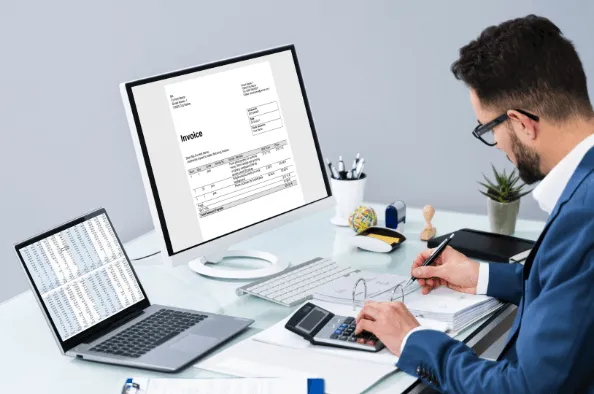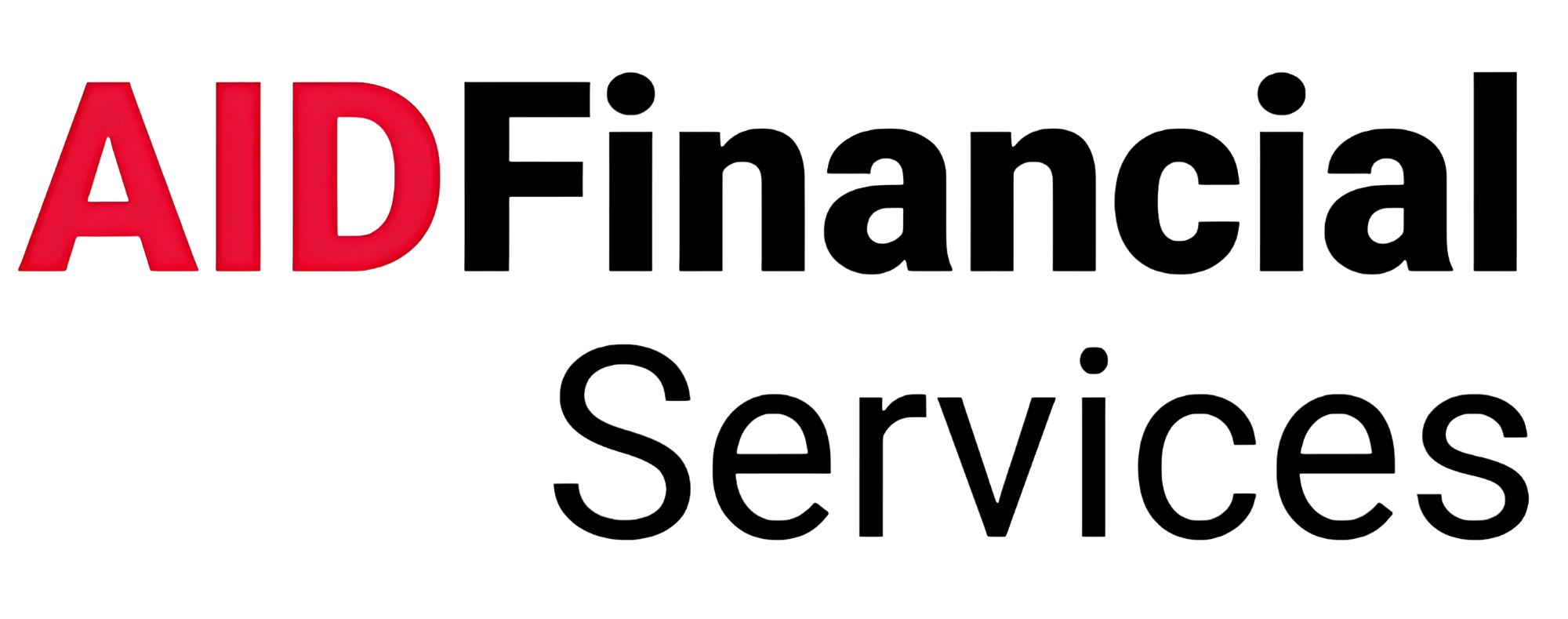Our Services
Partnered with nearly 1,000 lenders, law firms, debt settlement agencies, litigation defense experts, and government-regulated programs to provide comprehensive financial solutions.

Personal Loans
Access to over 600 diverse lenders, offering a wide range of loan options to fit your unique financial needs. Whether you're looking for a small loan or a larger amount, we connect you with the right lender to help you achieve your financial goals.

Frequently Asked Questions
Q:
How do Personal Loans work?
Personal loans are a type of unsecured loan, meaning they are not backed by collateral like a home or car. Here's how they generally work:
Application: You apply for a personal loan through a lender, such as a bank, credit union, or online lender. The lender will assess your financial situation, including your credit score, income, and debt-to-income ratio, to determine your eligibility.
Approval and Terms: If approved, the lender will offer you a loan with specific terms, such as the loan amount, interest rate, repayment period (typically 1 to 7 years), and monthly payments. The interest rate you receive will depend on factors like your credit score, income, and the lender’s policies.
Receiving Funds: Once you accept the terms, the lender disburses the loan amount. You typically receive the funds directly into your bank account, or you may receive a check.
Repayment: You repay the loan in regular installments (usually monthly) over the agreed period. These payments include both the principal (the amount you borrowed) and the interest charged by the lender. Interest rates can be fixed or variable, and the total repayment amount will depend on the loan's interest rate and duration.
Purpose: Personal loans can be used for a variety of purposes, such as consolidating debt, making large purchases, covering medical expenses, or funding home improvement projects.
Q:
What credit score do I need to qualify for a Personal Loan?
The credit score required for a personal loan varies depending on the lender and the type of loan you're applying for. Generally, a score of 700 or higher is considered good and may qualify you for the best interest rates. However, many lenders offer personal loans to individuals with lower credit scores, though the terms may not be as favorable. If your credit score is lower, you may still qualify for a personal loan but at a higher interest rate or with additional requirements, such as a co-signer or collateral.

Debt Consolidation
Designed to simplify your financial life by combining multiple debts into a single, manageable payment. By consolidating, you can potentially lower your interest rates, reduce monthly payments, and streamline your finances.
Frequently Asked Questions
Q:
How does Debt Consolidation work?
A financial strategy that involves combining multiple debts into one single loan or payment plan, usually with the goal of simplifying your finances and reducing your interest rates. Here's how it works:
Assessing Your Debt: You start by reviewing your existing debts, which could include credit cards, personal loans, medical bills, and other outstanding balances. The goal of consolidation is to combine these various debts into one loan.
Choosing a Debt Consolidation Loan: You apply for a debt consolidation loan, which is often an unsecured personal loan or a balance transfer credit card. Ideally, the new loan will have a lower interest rate than the interest rates on your current debts, helping you save money over time.
Paying off Existing Debts: Once approved for the loan, the lender typically disburses the loan amount directly to your creditors, paying off the individual balances you owe.
One Monthly Payment: After consolidation, you'll only have one monthly payment to the lender instead of multiple payments to various creditors. This simplifies your payments and can potentially make them more manageable.
Long-Term Benefits: Debt consolidation can lead to lower monthly payments if the new loan has a longer term or lower interest rate. It also helps you avoid late fees and can potentially improve your credit score over time by reducing the number of open credit accounts.
Potential Risks: If you consolidate your debt into a loan with a longer repayment period, you could end up paying more in interest over the life of the loan, even if your monthly payment is lower. Additionally, if you continue accumulating debt after consolidating, you may find yourself in a worse financial situation.
Q:
Will Debt Consolidation hurt my credit score?
Debt consolidation can have both positive and negative effects on your credit score, depending on how you manage the process. Initially, when you apply for a consolidation loan, a hard inquiry may temporarily lower your score by a few points. However, over time, if you make consistent, on-time payments on your new loan and keep your credit card balances low or paid off, your credit score can improve. On the other hand, missing payments or accumulating new debt after consolidating can negatively impact your score. It's important to maintain good financial habits to see long-term credit score benefits.

Debt Litigation Defense
Debt litigation defense involves defending you against legal actions from creditors or debt collectors. Our network of experienced attorneys works to protect your rights, prevent wage garnishments, and help you reach a fair resolution if you're facing a lawsuit or other aggressive collection efforts.

Frequently Asked Questions
Q:
How does Debt Litigation Defense work?
Debt litigation defense is the process of defending yourself in court against a creditor or debt collector who is suing you to collect a debt. When a creditor sues you, they usually file a lawsuit to obtain a court judgment that allows them to garnish wages, seize assets, or take other actions to collect the debt. Debt litigation defense aims to prevent this by challenging the lawsuit or the creditor’s claims. Here's how it typically works:
1. Receiving the Lawsuit
When you are sued for a debt, you will receive a
summons and complaint
. This document outlines the creditor’s claim and provides a date for a court hearing. It's important to respond to the lawsuit within the time frame stated in the documents. Ignoring it could lead to a default judgment against you.
2. Reviewing the Case
Once you receive the lawsuit, a debt litigation defense attorney or legal professional will review the case. They will examine whether the debt is valid, the creditor has the legal right to sue you, and whether any mistakes or violations have occurred in the debt collection process. This step is crucial because there are strict laws governing debt collection.
3. Challenging the Debt
There are several potential defenses you or your attorney may use, including:
Statute of Limitations: The debt may be too old to collect, as most debts have a time limit within which a creditor can sue.Disputed Debt: You may argue that the debt isn’t yours, the amount is incorrect, or the creditor doesn’t have sufficient evidence.Improper Documentation: Sometimes, creditors don’t have the proper paperwork to prove you owe the debt, such as an original signed contract.Violation of Fair Debt Collection Practices Act (FDCPA): If the creditor or debt collector violated federal laws by using unethical tactics to collect the debt, this can be used as a defense.
4. Negotiating a Settlement
In some cases, debt litigation defense may involve negotiating a settlement with the creditor or debt collector before the case goes to trial. This can include agreeing to a reduced lump sum or setting up a payment plan that is more manageable for you.
5. Court Hearing or Trial
If the case goes to trial, your attorney will represent you in court, presenting any defenses or evidence that can prevent a judgment. This may involve cross-examining the creditor’s witnesses, disputing their evidence, or presenting your own. If the court rules in your favor, the lawsuit will be dismissed.
6. Post-Judgment Defense
If the creditor wins and obtains a judgment against you, debt litigation defense can still play a role in protecting your assets. Your attorney may be able to argue against wage garnishment, bank account levies, or other forms of collection. They may also be able to help reduce the impact of the judgment on your financial situation.
Q:
What should I do if I can't afford a lawyer for Debt Litigation Defense?
If you can't afford a lawyer, there are several options available to help you navigate debt litigation defense. Some attorneys offer free consultations or may work on a contingency basis, meaning they only get paid if you win the case. You can also look for legal aid organizations or pro bono services that provide free or low-cost legal assistance to those who qualify based on income. Additionally, some courts have self-help resources and may allow you to represent yourself in court, though having legal expertise can significantly improve your chances of success.

Debt Settlement
Debt settlement helps reduce your total debt by negotiating with creditors to settle for less than the full amount owed. Our team works on your behalf to reach a settlement that lowers your debt, which can provide relief and speed up your path to financial recovery.

Frequently Asked Questions
Q:
How does Debt Settlement work?
Debt settlement is a process where you or a debt settlement company negotiate with creditors to reduce the total amount of debt you owe. The goal is to reach a settlement where the creditor agrees to accept less than the full amount owed as payment in full. Here's how it typically works:
1. Assessing Your Debt
The first step in the debt settlement process is to review all your outstanding debts. You typically work with a debt settlement company or attorney to evaluate your financial situation and determine which debts can be settled.
2. Choosing a Debt Settlement Company (or Self-Negotiation)
If you hire a debt settlement company, they will act on your behalf to negotiate with your creditors. These companies often charge fees for their services, which can be a percentage of the debt amount or a flat fee. Alternatively, you can attempt to settle the debt on your own, although it can be challenging to handle negotiations without experience.
3. Stopping Payments and Building a Fund
Once you agree to enter the debt settlement program, you typically stop making regular payments to your creditors. Instead, you will deposit money into a dedicated
settlement account
that is used to accumulate the funds for settlement offers. The idea is to save enough money to offer a lump sum settlement that is less than what you owe.
4. Negotiating with Creditors
After you’ve accumulated enough funds, the debt settlement company (or you) will begin negotiating with each creditor. The goal is to convince them to accept a reduced lump-sum payment to settle the debt. Creditors are often willing to settle for less because they know that, if the debtor files for bankruptcy, they might not receive any payment at all.
5. Reaching a Settlement
If a creditor agrees to a settlement, you will pay the agreed-upon amount, and the remaining balance of the debt is forgiven. This settlement will be marked on your credit report, often as “settled for less than owed.” The creditor may report this as "paid in full" or “settled in full” once payment is received.
Q:
How long does the Debt Settlement process take?
The debt settlement process typically takes 2 to 4 years, depending on factors like the amount of debt, the number of creditors, and how quickly you can save up funds for settlement offers. In the beginning, you'll be saving money in a dedicated account while ceasing regular payments to creditors. Once you’ve built up enough funds, negotiations begin, and settlements can take several months or longer to finalize. Keep in mind that the timeline can vary, and settling larger amounts of debt may take longer. The process also depends on how willing your creditors are to accept reduced offers.
Get in touch with us
We’re here to help you navigate your financial journey and find the solutions that work best for you. Whether you have questions about our services or need personalized advice, our team is ready to assist you. Reach out today, and let's discuss how we can support your financial goals.
Monday - Thursday, 10 am - 7:00 pm EST
Friday, 10 am - 4 pm EST
66 W Flagler St. 9th Floor, Miami FL 33130

Aid Financial Services provides access to a network of lenders, law firms, and financial services. While we are dedicated to providing reliable support and personalized solutions, the outcomes of our services may vary depending on individual circumstances.
By using our services, you acknowledge that Aid Financial Services is not responsible for any outcomes, and we are committed to upholding the highest standards of integrity, transparency, and customer satisfaction in all of our interactions.
Follow Us
© Copyright 2025. AID Financial Services. All rights reserved.
